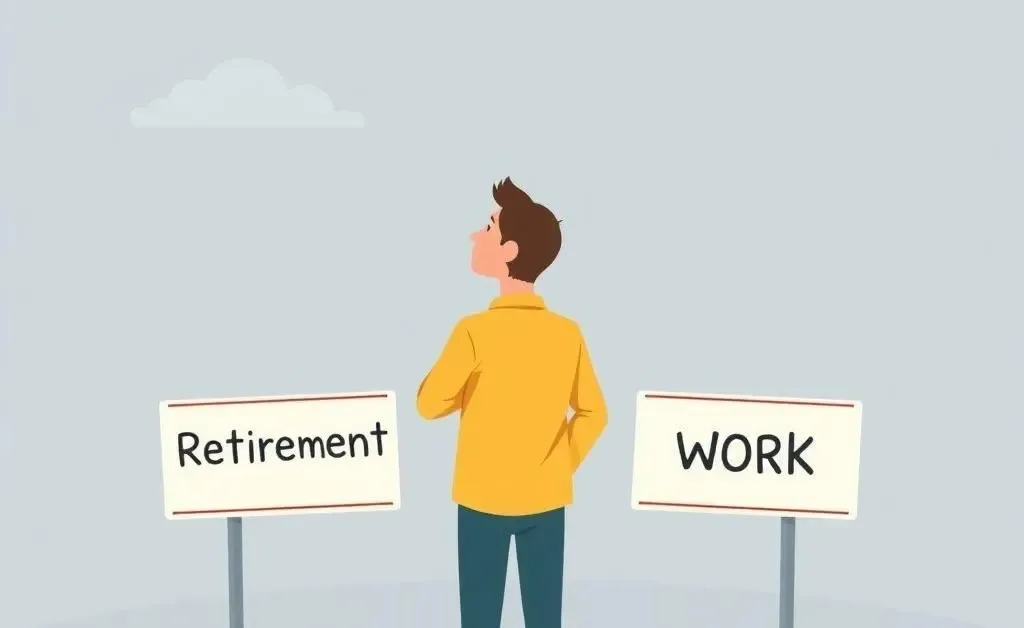Is 65 Too Late to Retire? Exploring Modern Retirement Dynamics
Explore whether 65 is still the ideal retirement age in today's evolving landscape.

Have you ever found yourself wondering, "Is 65 too late to retire?" It's a question a lot of us ponder as we plan for the future. The idea of retiring at 65 has been the golden standard for generations, but is it really the best choice today? Let's dig in to figure out if this timeline still holds up or if our approach to retirement has vastly changed.
How Did 65 Become the Retirement Age?
The age of 65 became a benchmark for retirement largely because of social policies from the early 20th century that set this age as standard for pension eligibility. However, our life expectancies and work dynamics have transformed considerably since then.
Why Some Seek Early Retirement
Many people aspire to achieve what's often referred to as early retirement. The idea of leaving the workforce by 50 or 55 sounds appealing! The lure? More time for personal projects, travel, or simply enjoying freedom from a nine-to-five job.
- More time to pursue interests and hobbies
- The ability to travel while still relatively young and active
- Possibly more time for family and community involvement
Consider Jane, a fictional character who diligently planned her financial investments and aimed to retire by 55. Jane saved wisely, consistently invested, and made strategic lifestyle sacrifices. By retiring early, she spent more time volunteering and indulging in her love for art. Jane's story isn't unique but does represent a growing cohort seeking to redefine retirement.
Staying the Course: The Case for Retiring at 65
On the flip side, reaching 65 with career completion can offer a sense of accomplishment before transitioning to a leisurely pace. Many find satisfaction in working until the traditional age because:
- Continued social interaction and mental stimulation at work
- The safety of a stable income and health benefits
- Readiness to embrace retirement without financial stress
Adapting to Modern Life Changes
The real question isn't just about age, but how adequately you are prepared financially and emotionally. With uncertainties like market volatility and changing healthcare needs, some choose to continue working part-time or start 'retirement jobs' for supplemental income and engagement.

Rethinking the Retirement Narrative
Ultimately, the right age to retire is deeply personal. Whether 55, 65, or even later, having a financial roadmap and understanding your priorities count the most. Resourcefulness and planning are key — the non-negotiables on the road to a fulfilling retirement.

It's a fascinating time to evaluate our dreams and reframe traditional life timelines. As society evolves, so too does our notion of when and how we retire. So, what does your ideal retirement look like, and at what age do you envision it happening?




